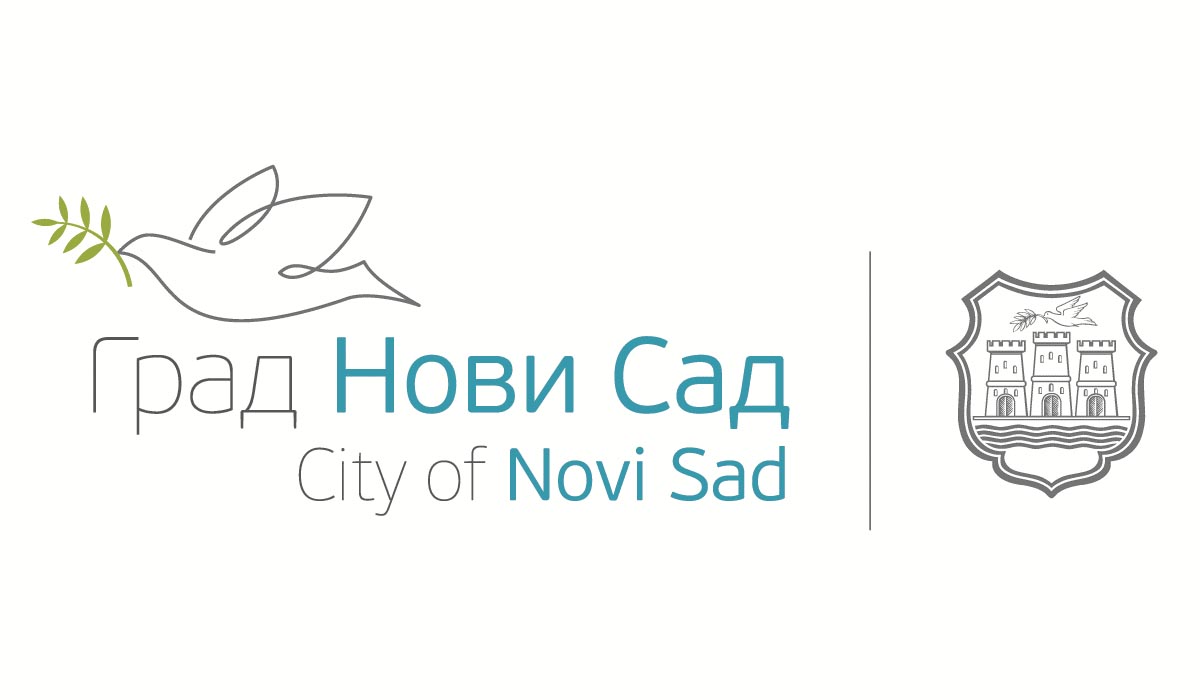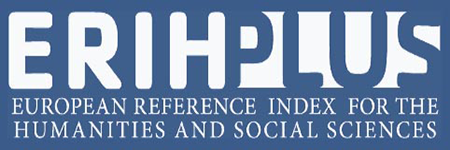POLITICKING OR PROLEGOMENON OF THE DEMOCRATIC PARTY IN VOJVODINA SERBS OF THE AUSTRO-HUNGARIAN MONARCHY
DOI:
https://doi.org/10.19090/i.2012.23.415-432Keywords:
Serbs, politics, national identity, party, HungaryAbstract
The political position of Serbs from Vojvodina in the Austro-Hungarian Monarchy in the early twentieth century was very complex. Although the Austro-Hungarian Empire tried to present its social situation as well as a progress in democratization, the reality was quite different. The demographic structure of the population of Hungary imperatively conditioned the democratization of the society for its survival, but the state policy tended to Hungarian national exclusiveness. In such a political radicalization of attitudes, the political and party articulation of Serbs was a very uncertain mission. Even the political representatives of the Serbian nation in Vojvodina themselves were burdened by the party antagonism and the interest politicking. Any ideas or political actions were viewed through the prism of their own success or failure. Hence the labeling became normal, and any more liberal attempt remained in the shadow of charges for opportunism. Degradation and mutual denunciation additionally weakened the identity of the Serb political elite. The consequence was their helpless watching the abolition of church and school autonomy of Serbs in the Monarchy. An unsuccessful attempt to form the Serbian Democratic Party in Hungary was a result of the defeated massification ideas of liberal-democratic ideas, their program articulation and party organization. Condemnation of existing Serbian parties was also an intractable problem in the constitution of the party.Downloads
Download data is not yet available.
Downloads
How to Cite
Марковић, С. (2012). POLITICKING OR PROLEGOMENON OF THE DEMOCRATIC PARTY IN VOJVODINA SERBS OF THE AUSTRO-HUNGARIAN MONARCHY. ISTRAŽIVANJA, Јournal of Historical Researches, 23(23), 415–432. https://doi.org/10.19090/i.2012.23.415-432
Issue
Section
Articles













